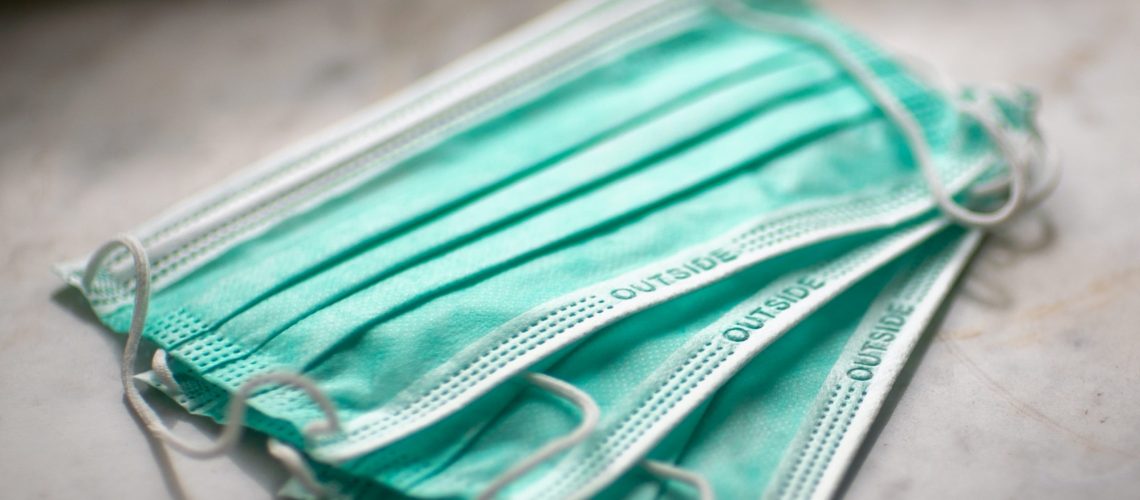Do face masks help prevent the spread of coronavirus?
Yes, face masks combined with other preventive measures, such as frequent hand-washing and social distancing, help slow the spread of the disease.
So, why weren’t face masks recommended at the start of the pandemic?
At the beginning of this, experts didn’t know the extent to which people with COVID-19 could spread the virus before symptoms appeared.
These discoveries led the Centers for Disease Control and Prevention (CDC) to do an about-face on face masks. The CDC updated its guidance to recommend widespread use of simple cloth face coverings to help prevent the transmission of COVID-19 by people who have the virus but don’t know it.
Because of the shortage of surgical masks and N95 masks for Health Care Providers the CDC recommends cloth masks for the general public and in some states like Massachusetts these are required in public or you could face a $300 fine.
How do different types of masks work?
Surgical masks
A surgical mask is a loose-fitting disposable mask that protects the wearer’s nose and mouth from contact with droplets, splashes and sprays that may contain germs of bodily fluids. A surgical mask also filters out large particles in the air. Surgical masks may protect others by reducing exposure to the saliva and respiratory secretions of the mask wearer.
At this time, the U.S. Food and Drug Administration has not approved any type of surgical mask specifically for protection against the COVID-19 virus, but these masks may provide some protection when N95 masks are not available.
N95 masks
An N95 mask offers more protection than a surgical mask does because it can filter out both large and small particles. The mask is designed to block 95% of very small particles. Like surgical masks, N95 masks are intended to be disposable. However, researchers are testing ways to disinfect N95 masks so they can be reused.
The only drawback to wearing an N95 is that they are a respirator and therefore fall under the OSHA guideline for respiratory protection standards. If you require your people to wear them there are guidelines that must be followed, including medical evaluations and fit testing. If you are in Boston, Providence, Worcester, Albany or anywhere in the New England or New York area East Shore Safety can help. Give us a call
Cloth masks
While surgical and N95 masks are in short supply, cloth masks are more accessible and reusable. Although cloth masks and N95 masks have different purposes, both are intended to slow the spread of COVID-19. A cloth mask is worn to help protect others in case the wearer has the virus. An N95 mask helps protect the wearer from getting the virus from others.
Cloth masks are cheap and simple to make. Instructions can be found online. Masks can be made from common materials, such as sheets made of tightly woven cotton. The CDC website even includes directions for no-sew masks made from bandannas and T-shirts. Cloth masks should include multiple layers of fabric.

